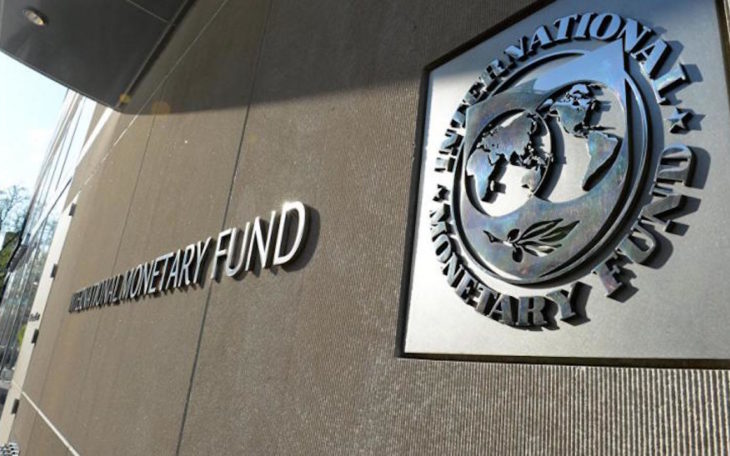The International Monetary Fund (IMF) is recommending that The Bahamas consider implementing a corporate income tax, coupled with a personal income tax targeting high earners.
The IMF, in its Staff Concluding Statement of the 2023 Article IV Mission, also noted that there is an opportunity to meaningfully streamline current preferences, loopholes, and exemptions within the tax system.
“Beyond reducing the fiscal deficit, a set of comprehensive tax reforms would be valuable in both raising revenues and improving progressivity. In particular, the implementation of the OECD global minimum corporate tax by trading partners provides an opportunity for The Bahamas to introduce a well-designed corporate income tax accompanied by a personal income tax on the highest earners. There is also scope to significantly rationalize existing preferences, loopholes, and exemptions in the tax system,” the IMF stated.
The IMF noted that after peaking at 7.1 percent in July 2022, inflation has fallen steadily to 2.3 percent in July 2023, largely driven by the fall in global energy prices.
“A fall in tourism demand, due to an economic slowdown in source markets could weigh negatively on the growth outlook. Furthermore, renewed pressures on global food and oil prices could impose a burden on lower-income households and put pressure on the balance of payments. Any associated fiscal measures to dampen the pass-through of global prices to the domestic economy would have to be well-targeted to mitigate further strain on the fiscal position. . Finally, The Bahamas is highly exposed to risks emanating from climate change and natural disasters. In the event that risks are realized, domestic financing challenges could increase,” the IMF noted.
According to the Fund, efficiency gains in spending programs and improvements in the financial management of state-owned enterprises will be needed to offset some of the budgetary pressures arising from an aging population. To improve longer-run growth and strengthen social inclusion, there will be a need to reorient spending priorities toward education, healthcare-targeted social transfers, and infrastructure (particularly those that will increase resilience to the effects of climate change).
The IMF also pointed out that enhancing debt management practices is crucial for mitigating the vulnerabilities stemming from The Bahamas’ high debt rollover requirements. It said that recent reforms aimed at fortifying both primary and secondary debt markets are expected to enhance the liquidity of government bonds, encouraging increased domestic holdings of longer-term securities.
The IMF also stressed the need for the establishment of more stringent limits on central bank financing of the fiscal deficit, reporting that while amendments to the Central Bank Act have prohibited government financing through the primary bond market, and lower limits on central bank advances have been imposed, the current limit surpasses that of regional counterparts with pegged regimes. It added that a reduction in the central bank financing limit should be accompanied by a clearly defined “escape clause,” triggered only in exceptional circumstances such as large-scale natural disasters. Additionally, repaying central bank advances, already nearing the ceiling, would contribute to reinforcing the credibility of the exchange rate regime.
The IMF also recommended deeper efforts to “analyze, monitor, and mitigate financial stability risks stemming from crypto assets.”
It noted: “The regulatory framework for crypto assets has been updated and the authorities have legislated an amendment to the Digital Assets and Registered Exchanges (DARE) Act to strengthen the regulation and supervision of crypto assets. Critically, this should be accompanied by the provision of more resources for onsite inspections to help identify and rectify operational deficiencies and reduce reputational risks. Further amendments to the legislation to fully align The Bahamas’ framework for crypto assets with global standards like the Financial Stability Board’s high-level recommendations on crypto assets and the Basel Committee standards on the prudential treatment of crypto exposures, are advised. Vigilance in this nascent but rapidly evolving area of regulatory oversight will be of the essence.”





